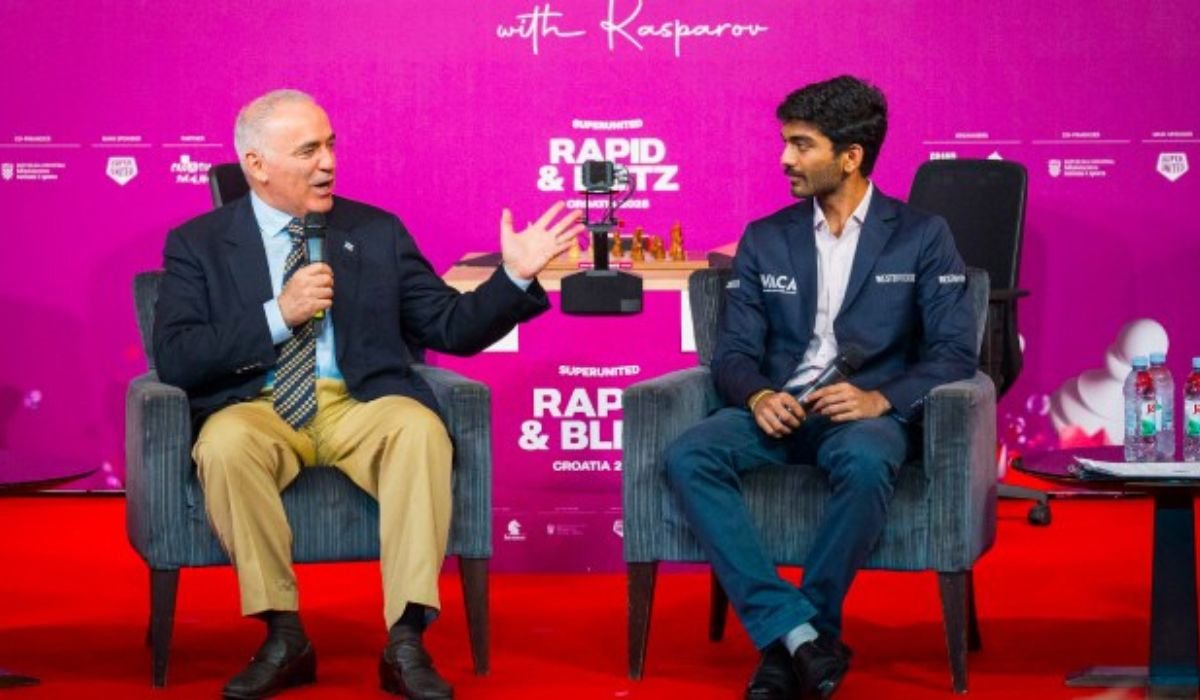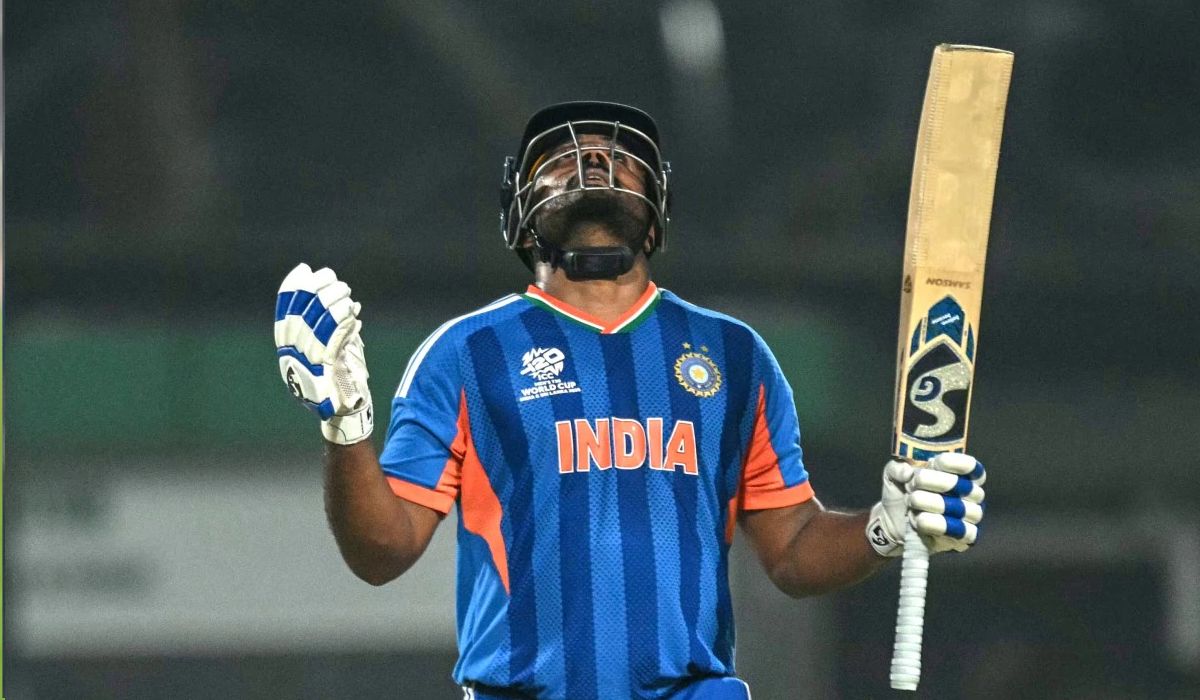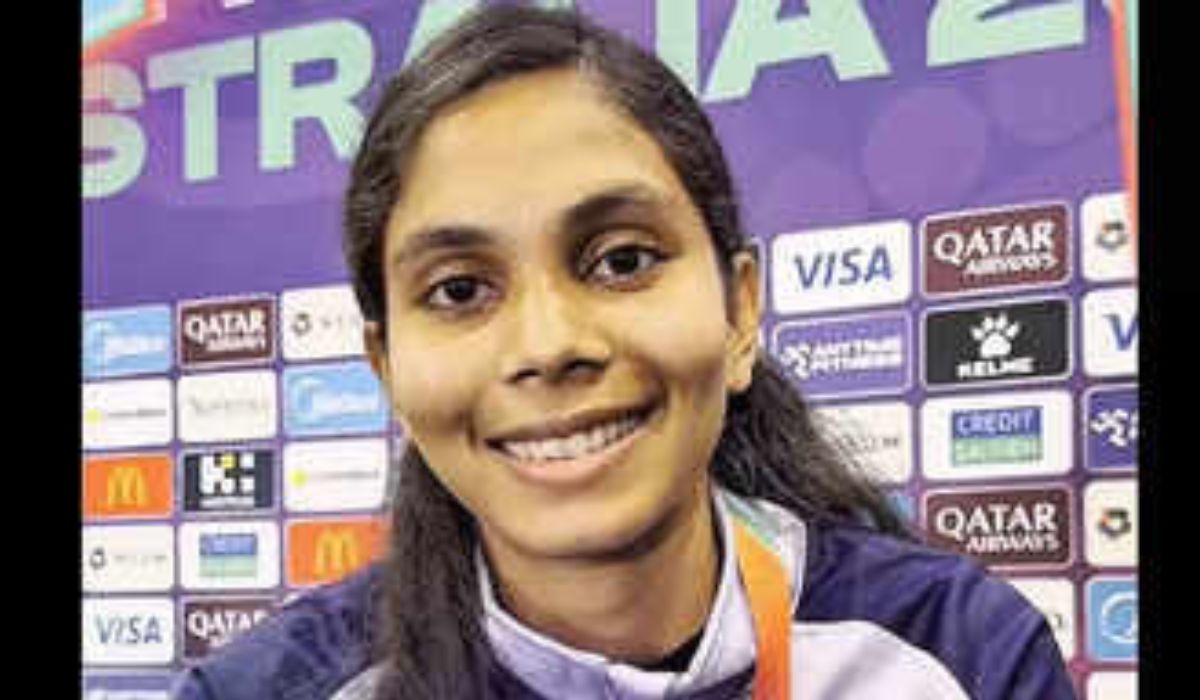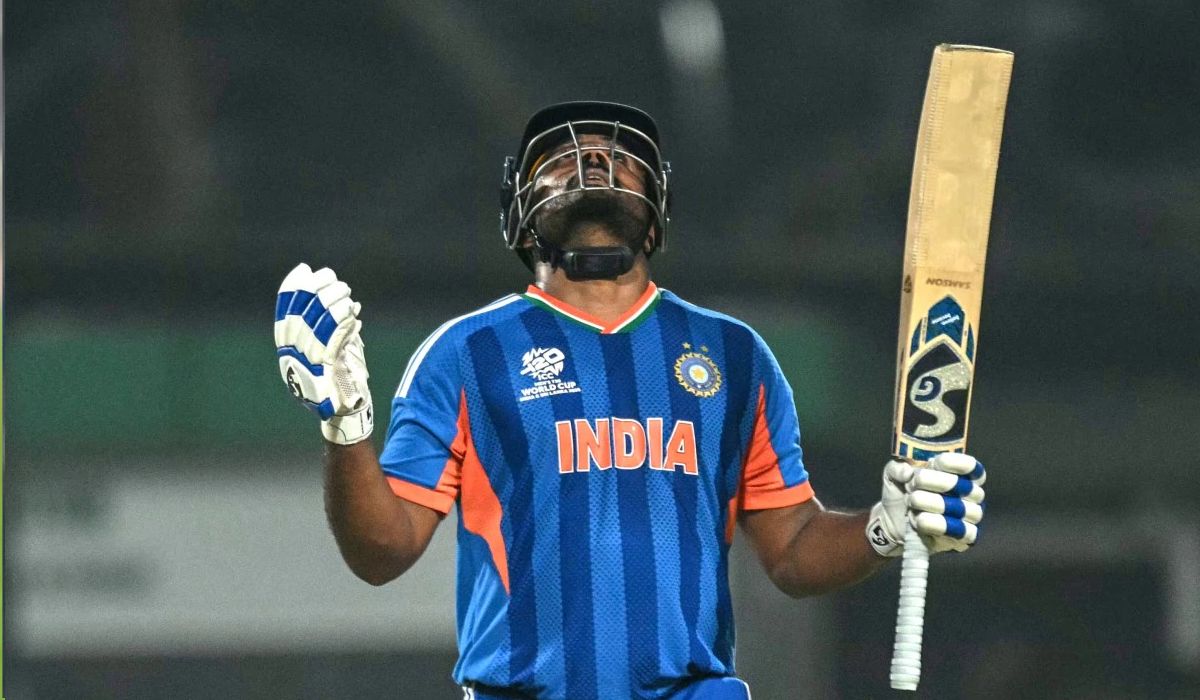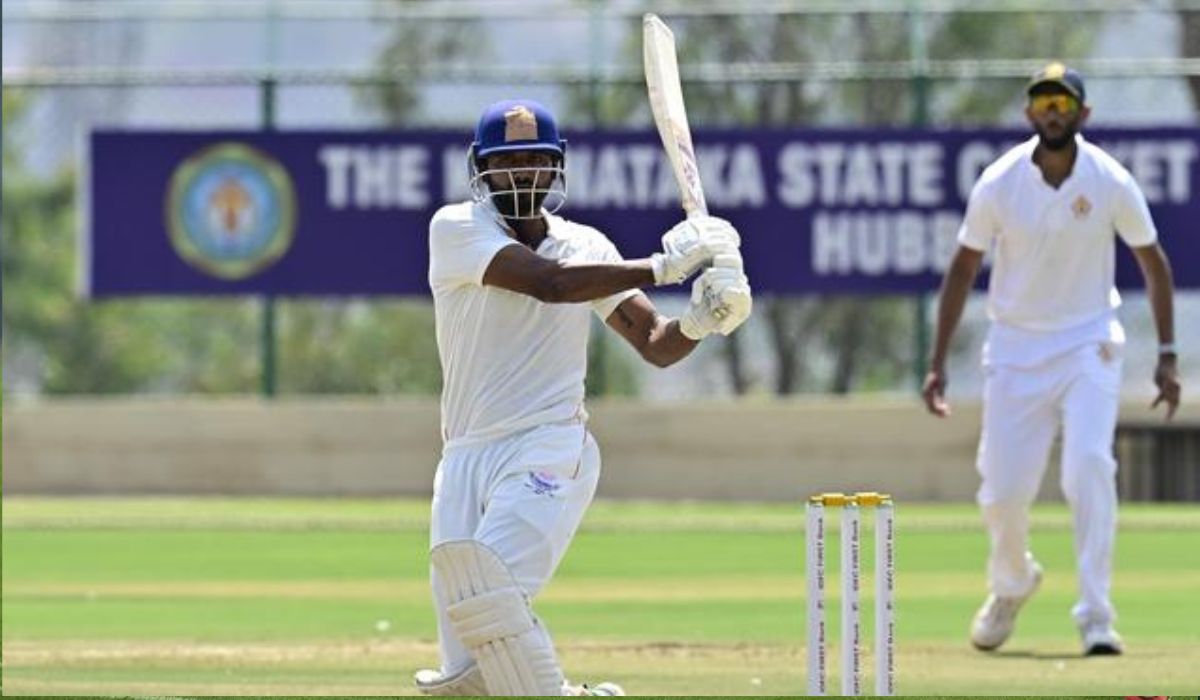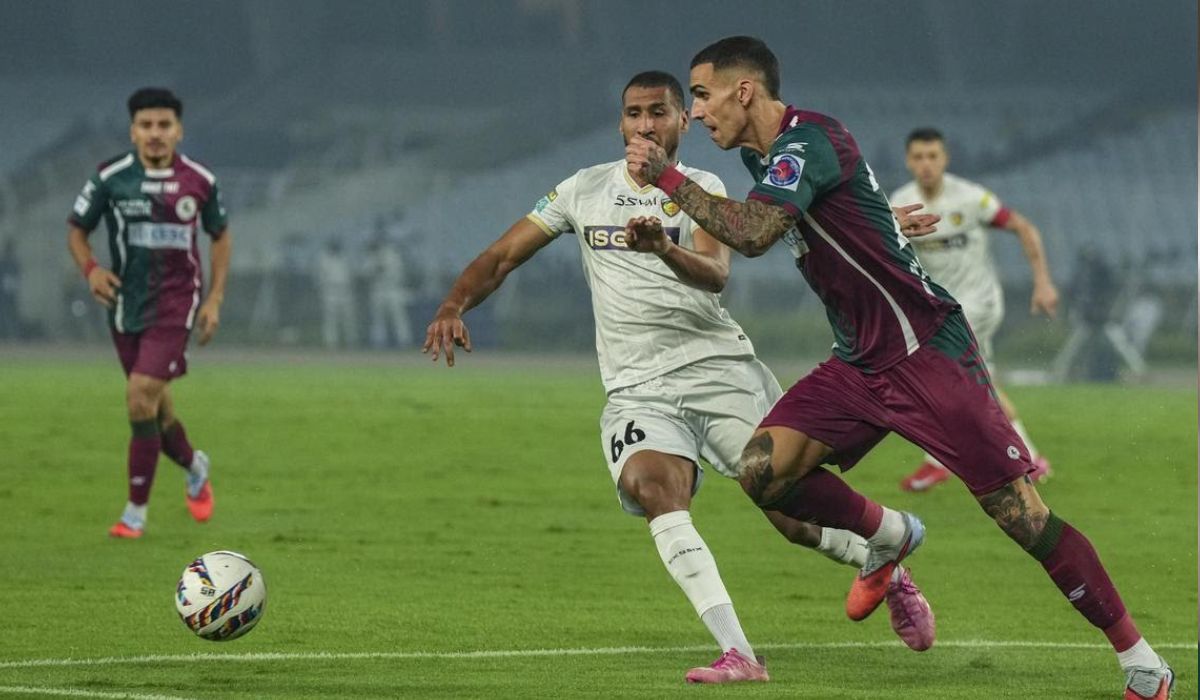The man with the ‘golden arms’, one of the predecessors of the present-day champions on the world champion’s throne, hailed as the world’s greatest chess player, Garry Kasparov, was doing commentary for the game which Gukesh bagged his pocket, dethroning Magnas Carlsen again for the second consecutive time in Jagreb.
Kasparov could not resist admiring Gukesh in commentary, and plenty of his praise came even before Gukesh had managed to turn the game around and put Carlsen under pressure before going on to force the world no 1 to resign.
Kasparov, who famously played some much-publicised games in the 1990s against machines like IBM’s Deep Blue, compared Gukesh to a machine.
“He’s a player that’s hard to beat. Gukesh has many lives (in each game). You have to beat him many times. There is some resemblance (to computers). He has a resilience that reminds me of computers. He’s probably the most resilient player. Even Magnus has other advantages. But when it comes to resilience, he’s absolutely amazing. If you look at the infamous game against Magnus (at Norway Chess), I don’t recall Magnus ever losing a game when he had an advantage of +3 or +4. Why he reminds me of computers is that with machines, you lose your concentration, and you’re dead. With Gukesh, you have to beat him five times,” Kasparov said. After the defeat, Kasparov had said: “Now we can question Magnus’ domination. This is not just his second loss to Gukesh; it’s a convincing loss. It’s not a miracle… or that Gukesh just kept benefitting from Magnus’ terrible mistakes. It was a game that was a big fight. And Magnus lost.”
